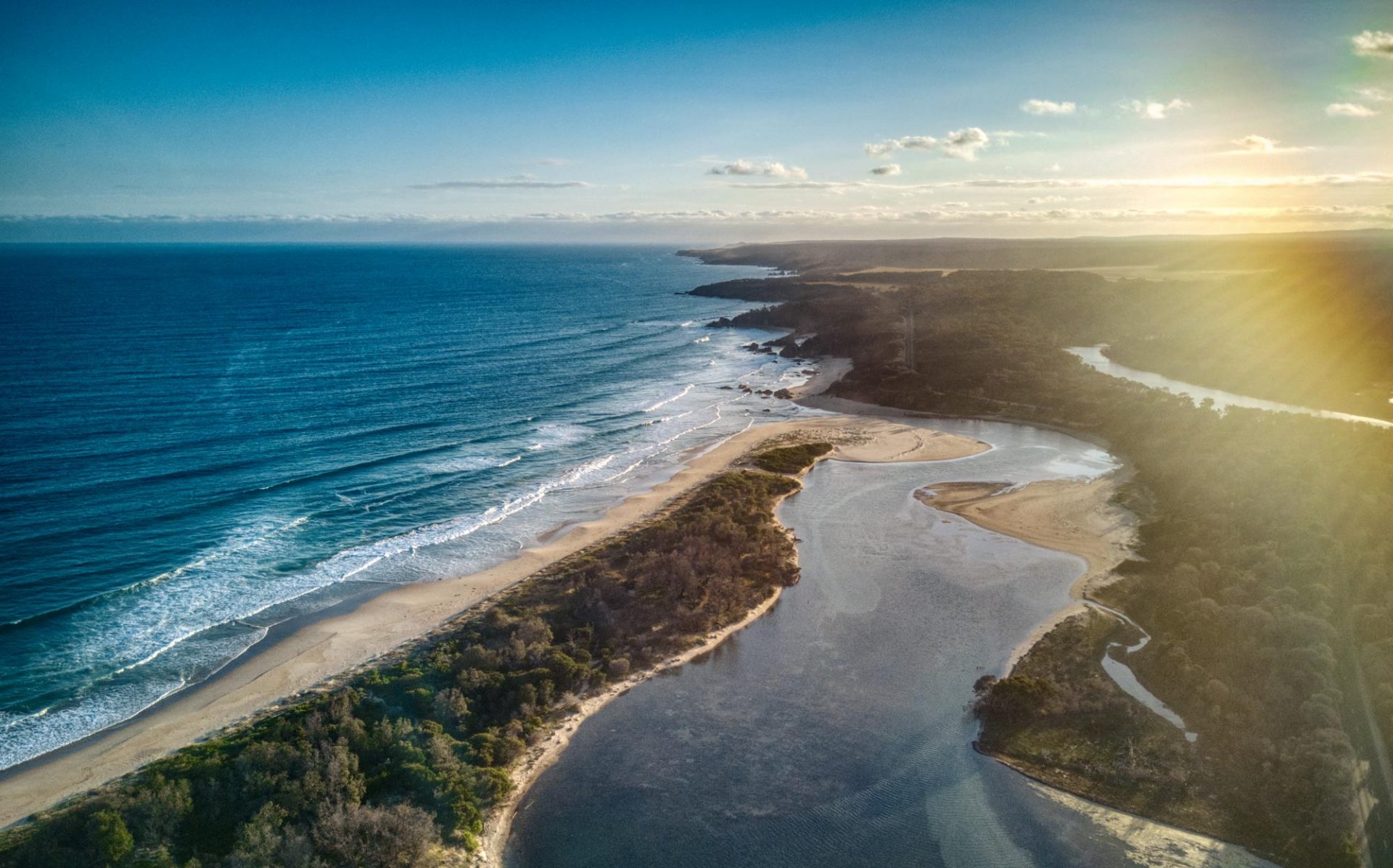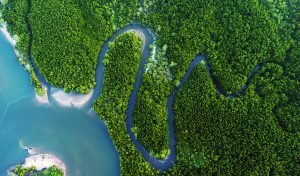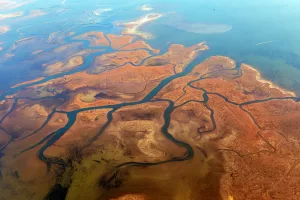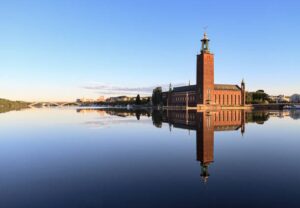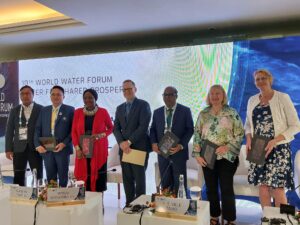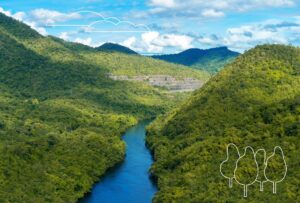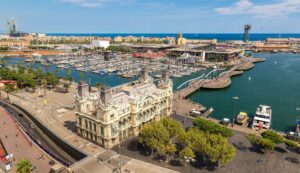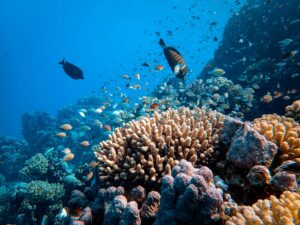heading
'Healthy Rivers, Healthy Ocean' (HRHO) is a source-to-sea action programme to reduce unsustainable land and water resource management pressures on river basins and seas. It is a formal contribution to the UN Decade of Ocean Science for Sustainable Development delivered by SIWI, Global Water Partnership (GWP), and UNESCO’s Intergovernmental Oceanographic Commission (IOC-UNESCO).
The ‘Ocean Decade’ (2021 – 2030) aims to stimulate ocean science and knowledge generation, to reverse the decline of ocean health and promote sustainable development of the marine environment. With the vision ‘the science we need for the ocean we want’, the decade will provide a common framework for scientists and stakeholders to develop the scientific knowledge and partnerships necessary to deliver science-based solutions for achieving the 2030 Agenda.
The Healthy Rivers, Healthy Ocean and the Ocean Decade
The Healthy Rivers, Healthy Ocean (HRHO) programme contributes towards the Ocean Decade by developing and implementing science, policy, and management solutions that recognize the source-to-sea linkages between land, freshwater, coastal, and ocean ecosystems. As water is all part of one system, including surface water, groundwater, and seawater, management of the water system needs to be holistic. Yet, traditional water governance is fragmented, specific for each part of the system, and major disconnects in policy development and implementation exist between basin, coastal, and marine areas. Science is also fragmented with most research being done on only one part of the source-to-sea system without considering the linkages across land, freshwater, coastal, and marine ecosystems. These disconnects lead to significant management failures resulting in problems such as pollution, water diversion, alterations in sediment flows, and habitat fragmentation etc. with severe impacts on ecosystems.
As a source-to-sea programme, HRHO helps strengthen collaborations between the freshwater, coastal, and ocean science and management communities. It brings stakeholders together from across the water system, sectors, and disciplines to develop science-based solutions that can eliminate pollution at the source, mitigate harmful activities, and remove pollutants from aquatic ecosystems.
3 pillars for holistic action
HRHO advances holistic action that increases the coherence of management across land, freshwater, coasts, and the ocean by utilizing the source-to-sea approach, ultimately leading to a healthier, more sustainable ocean.
The programme started in June 2022 and runs until May 2028, and is structured around the three pillars of:
- fostering innovation and capacity development across the science-policy interface
- enabling action in source-to-sea management and governance
- addressing pollution and enhancing governance in international source-to-sea systems
Expected outcomes
Activities of the HRHO programme foster collaboration between the freshwater, coastal, and marine science communities for the development of a holistic response towards water management from source-to–sea, and for the achievement of freshwater- and ocean-related SDGs, notably SDG6 and SDG14. Each of the programme’s pillars has different expected outcomes.
(i) innovation and capacity development across the science-policy interface
- Artificial Intelligence/Machine Learning (AI/ML) environmental monitoring solutions in a number of source-to-sea systems around the world are tested through public/private partnerships.
- Improved environmental monitoring results in informed decision making.
(ii) enabling action in source-to-sea management and governance
- Improved awareness of the need for and benefits of implementing the source-to-sea approach grows at regional, national, and sub-national levels.
- Capacity is built in public, private, and civil society actors to promote and undertake coordinated management through source-to-sea action.
- Commitments at regional, national, and sub-national levels enable source-to-sea action.
(iii) addressing pollution, and enhancing governance in international source-to-sea systems.
- Policy and management actions/solutions as well as investments to address pollution-related pressures and effects are identified and their implementation is enabled.
- Improved governance of transboundary waters and/or international seas through the establishment of enhanced institutional and legal arrangements.
- Improved source-to-sea governance in targeted systems.
